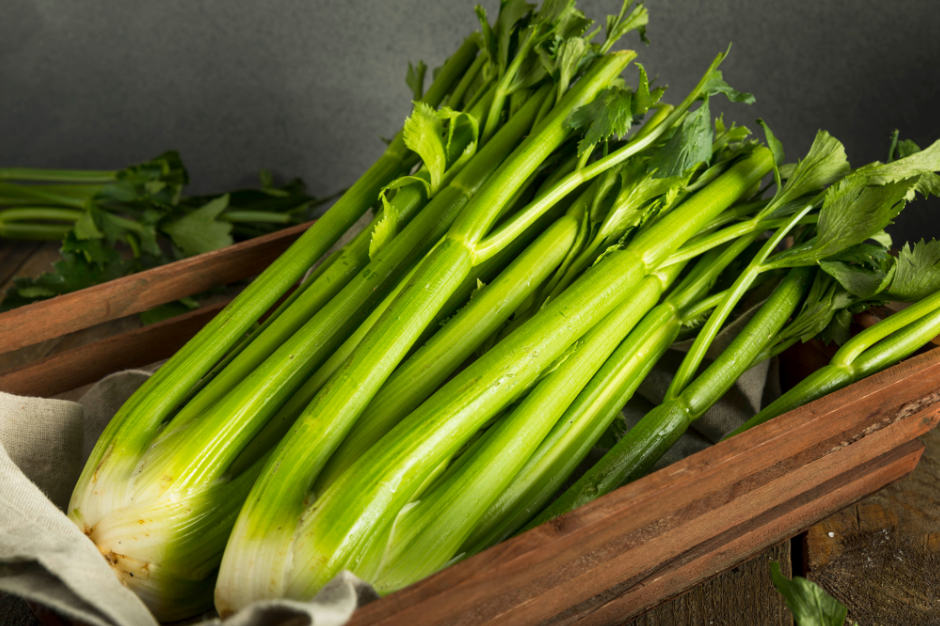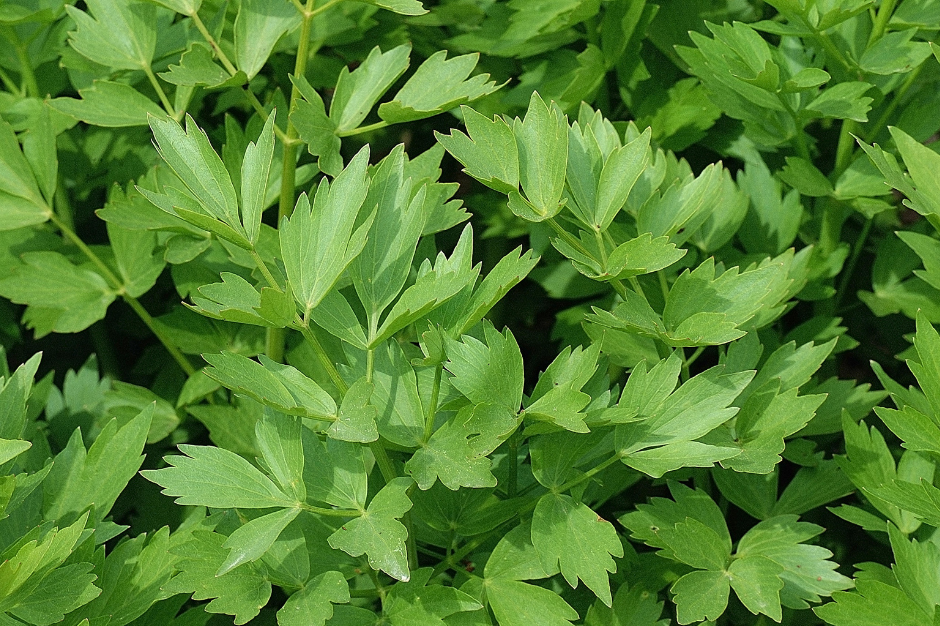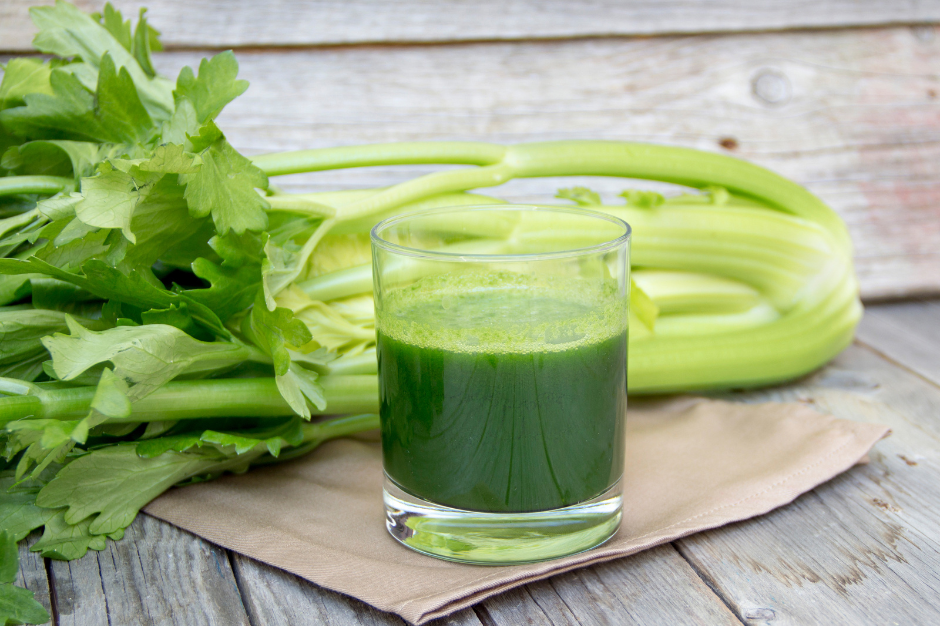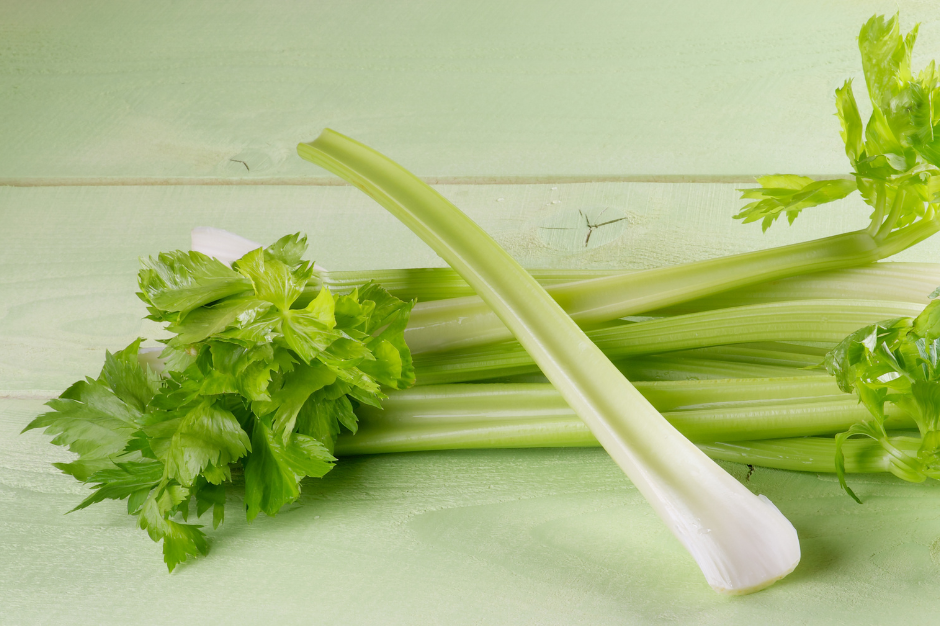Overview
Celery is a biennial vegetable (meaning it has a normal life cycle of two years) that belongs to the Umbelliferae family, whose other members include carrots, fennel, parsley and dill.
While most people associate celery with its prized stalks, its leaves, roots and seeds are also used as a food and seasoning as well as a natural medicinal remedy.
Celery grows to a height of 30 to 40 centre metres and is composed of leaf-topped stalks arranged in a conical shape and joined at a common base. The stalks have a crunchy texture and a delicate, but mildly salty, taste. The stalks in the centre are called the heart and are the most tender.
In Australia we are used to celery appearing in different shades of green, but in Europe they also enjoy a variety that is white in colour. Like white asparagus, this type of celery is grown shaded from direct sunlight so the production of its chlorophyll content. and hence its green colour, are inhibited.




